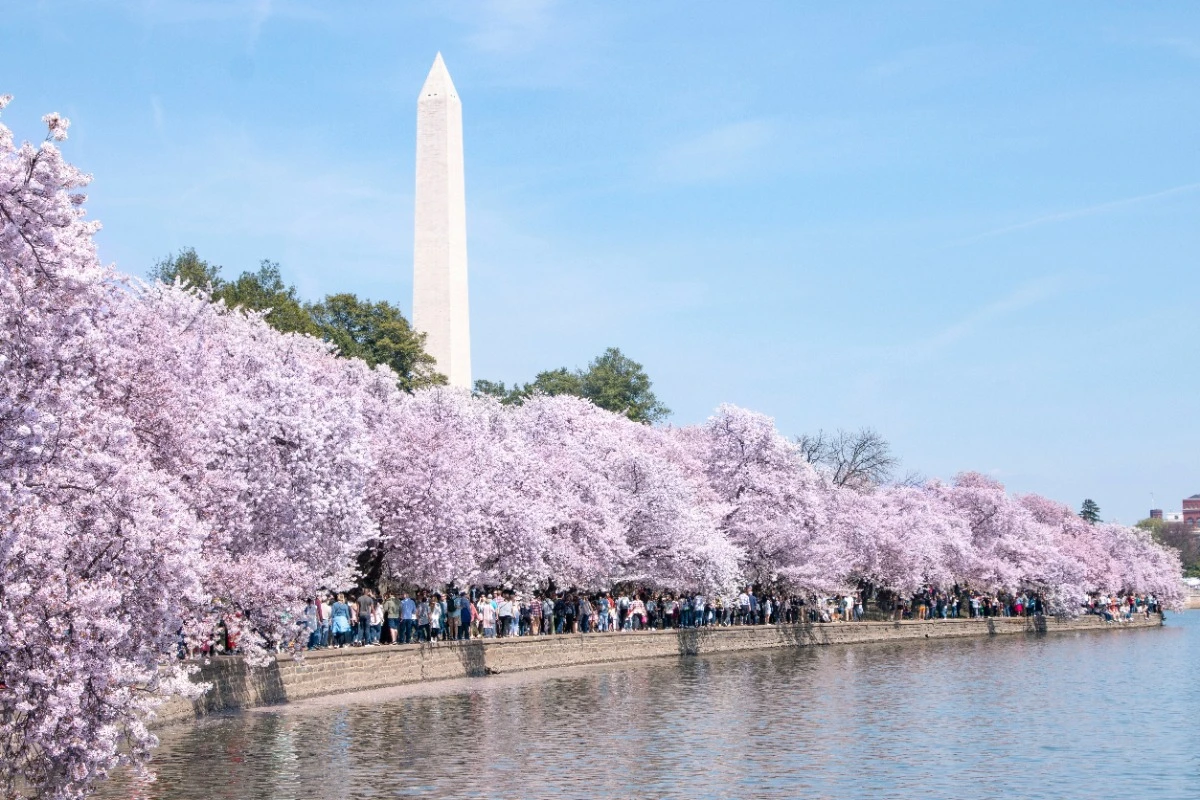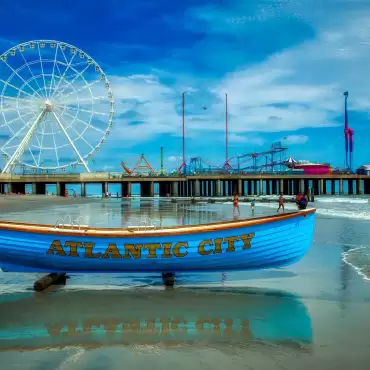The DC Council's first hearing on a bill that would create an open, competitive sports betting marketing wasn't without rancour or criticism. And while there were some insights, there wasn't a vote or a clear plan for what happens next.
On Monday (6 May) Councilman Kenyan McDuffie chaired a three-hour hearing in the business and economic development committee exploring an open DC market.
Representatives from BetMGM, Caesars Sportsbook, DraftKings and Fanatics Betting & Gaming testified in favour.
The committee also heard heated opposing testimony from representatives of the small business community. And McDuffie and DC Lottery chief Frank Suarez revisited an earlier combative discussion about why change has taken so long.
On the financial side, a new bill would increase the tax rate for retail sportsbooks and reinstate funding for problem and responsible gaming initiatives. It would also allow seven professional sports franchises and teams to partner with sportsbooks and create a new “Type C” licence.
McDuffie suggested Intralot, which operated the failed GambetDC, was holding the Office of Lottery and Gaming “hostage”. He also said that the lottery has allowed its vendor, Intralot, to gain significant leverage.
“I resent that, to be candid with you,” McDuffie said. “I think the District of Columbia, the nation’s capital, should be in a better situation today, on May 6, than we are. We should not have to make a decision under duress about generating revenue with a company that has failed miserably at managing our sports wagering operation. I think there’s a case to be made that they shouldn’t be a part of it.”
GambetDC fail still a discussion point
As it stands now, the OLG has a single contract with Intralot for lottery and sports betting. The genesis of that contract is at the heart of the issues being discussed now.
In 2019 the DC Council agreed to a no-bid contract with Intralot. McDuffie opposed that decision at the time. According to Suarez, the lottery-Intralot deal includes both wagering and lottery and cannot be split. It could take legislative action to mandate separate contracts.
Intralot’s sports betting product, GambetDC, failed to bring in meaningful revenue, offered sub-par odds and offered limited betting markets.
Intralot and the OLG this year agreed to subcontract sports betting to FanDuel, also in a no-bid process. FanDuel’s $5m payment to the city becoming a subcontract is more revenue than GambetDC brought to the city in four years of operation.
What an incredible, massive, unbelievably catastrophic fail for @GambetDC. Your app isn’t working on the biggest sports betting day of the year??? pic.twitter.com/U7Xox8weX9
— PJ Elliott (@PJElliottNews) February 13, 2022
Suarez said that, in its first two weeks of operation, FanDuel took in $14.7m in handle and had gross gaming revenue of $2.8m.
But McDuffie wants more, by way of an open DC market. The four major operators in attendance made a good case for opening the market.
Fanatics Betting & Gaming’s Brandt Iden testified that his company “estimates a market penetration of 1%-2% of eligible adults due to a lack of options and accessibility”. He also said that 65% of Fanatics’ Maryland customer base has tried to log in while in the District. Some 10% of Virginia Fanatics customers have also tried.
“Consumers are either travelling to the surrounding states to wager or, worse yet, they are placing wagers in the illegal offshore market, where there are no responsible gaming protocols to protect customers.”
Small business owners opposed
Other operators agreed and said that those in the District are at a “disadvantage” with only a single choice.
As much as operators want to see an open DC market, small business owners are concerned. DC has one of, if not the, most comprehensive minority business programmes in the US.
Major operators are required to contract with minority and women-owned businesses. Several testifiers said opening the market would kill the need for these businesses.
Okera Stewart of Potomac Supply Company, which provides thermal paper for kiosks and other gambling devices, said his company could lose business if the bill passes.
He said in a competitive mobile environment that consumers would pick mobile over kiosks. In that scenario, his company would have no room for expansion. But McDuffie pointed out that there could potentially be more kiosks to service as more operators enter the market.
Representatives from DraftKings and Fanatics both indicated they would explore brick-and-mortar opportunities if allowed to enter the market.
Barbara Lang, owner of a consulting firm and former DC Chamber of Commerce CEO said small businesses would suffer in a competitive market.
“A competitive, mobile-dominated system would completely squeeze out retailers looking to generate revenue from in-person gaming,” she testified.
Retailers, such as convenience stores or bars, can partner with the lottery for kiosks. Despite Lang’s testimony, it does not seem clear that a new law would prohibit that.
Change to tax structure an issue for Caesars
Another key discussion rate was taxes. The lottery was initially getting a 57% cut from Intralot. It now gets 40% from FanDuel, which also covers operating expenses. In McDuffie’s bill, the tax rate would be 20% or 30% depending on the scenario.
The lottery says this will cut into profit for the city. But operators say a competitive market brings more volume and increases player spend.
For Caesars, a tax increase could drastically change the equation. The company operates a sportsbook at Capital One Arena.
The Caesars Sportsbook at Washington DC's Capital One Arena, the country's first in-stadium sportsbook pic.twitter.com/XwlHslf2mH
— Ryan Butler (@ButlerBets) September 29, 2022
“It puts into jeopardy the future of the retail sportsbook,” Caesars’ Dan Shapiro testified. “It would be devastating, if not fatal.
“The new law should create opportunities for more companies to enter the market while raising revenue. It should not paralyse existing operations and discourage local investment.”
Jousting continues
Once public testimony was complete, McDuffie and Suarez went toe to toe for the second time this year. McDuffie called the timing of the new contract with FanDuel suspect.
He also pressured Suarez about the lottery’s slow movement with regard to a Request for Proposal (RFP). The RFP would be a step toward having an open DC market.
During that conversation, Suarez and his staff suggested that if McDuffie’s bill passes and the tax rate on digital gaming drops to 20%, GambetDC could be back in the picture.
OLG argued that with the lower tax rate, FanDuel could walk away from its lottery contract, which would leave OLG without a vendor. In that scenario, said one staffer, “we would end up with Gambet again and that is not what we want”.




